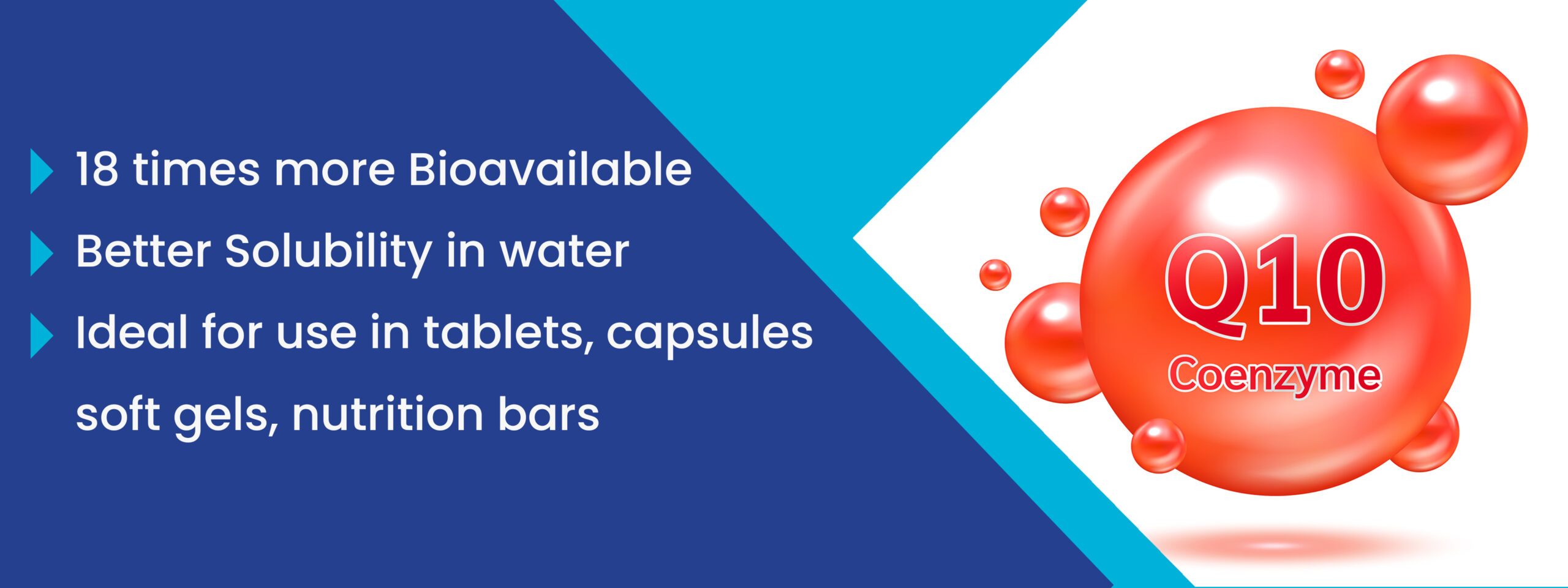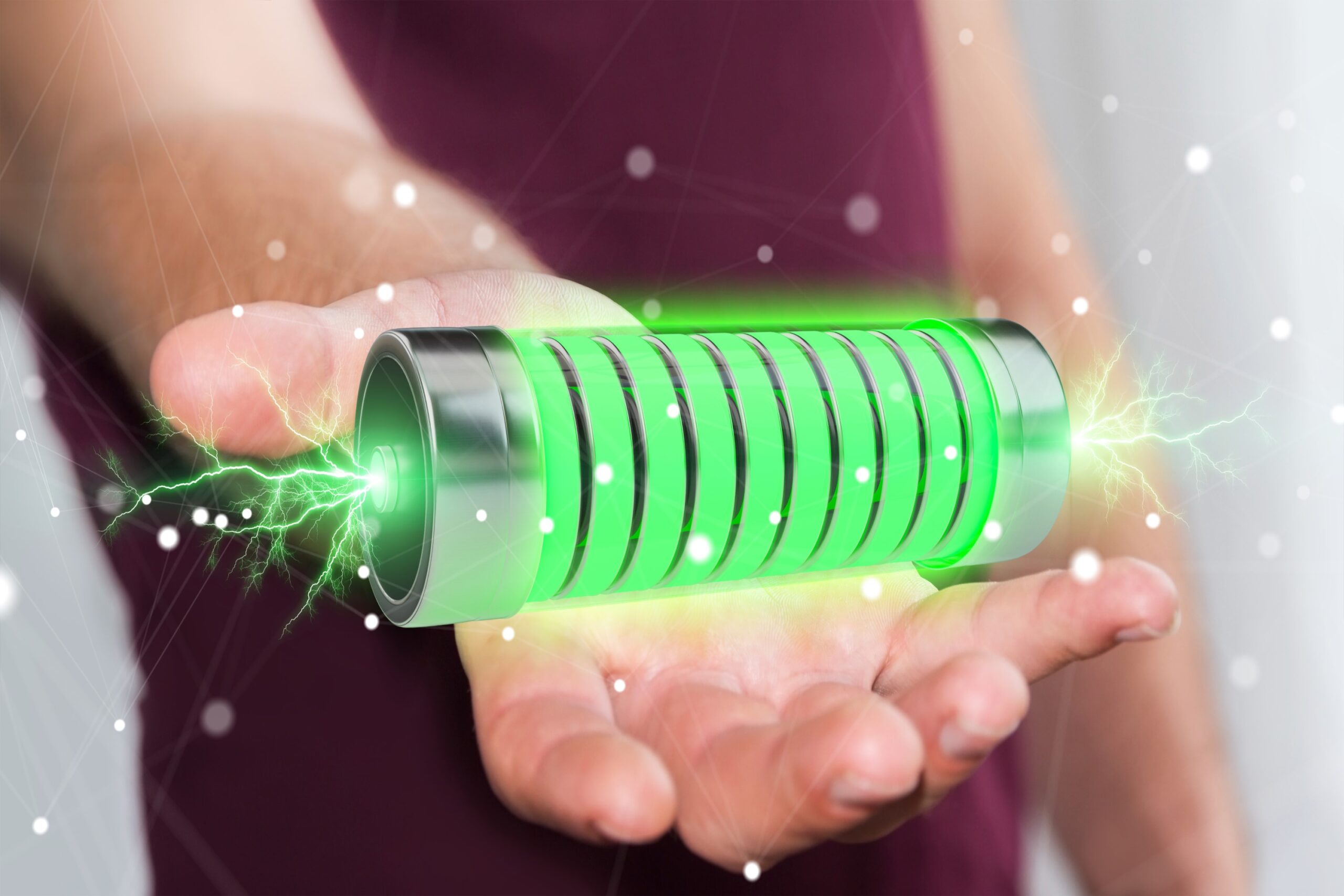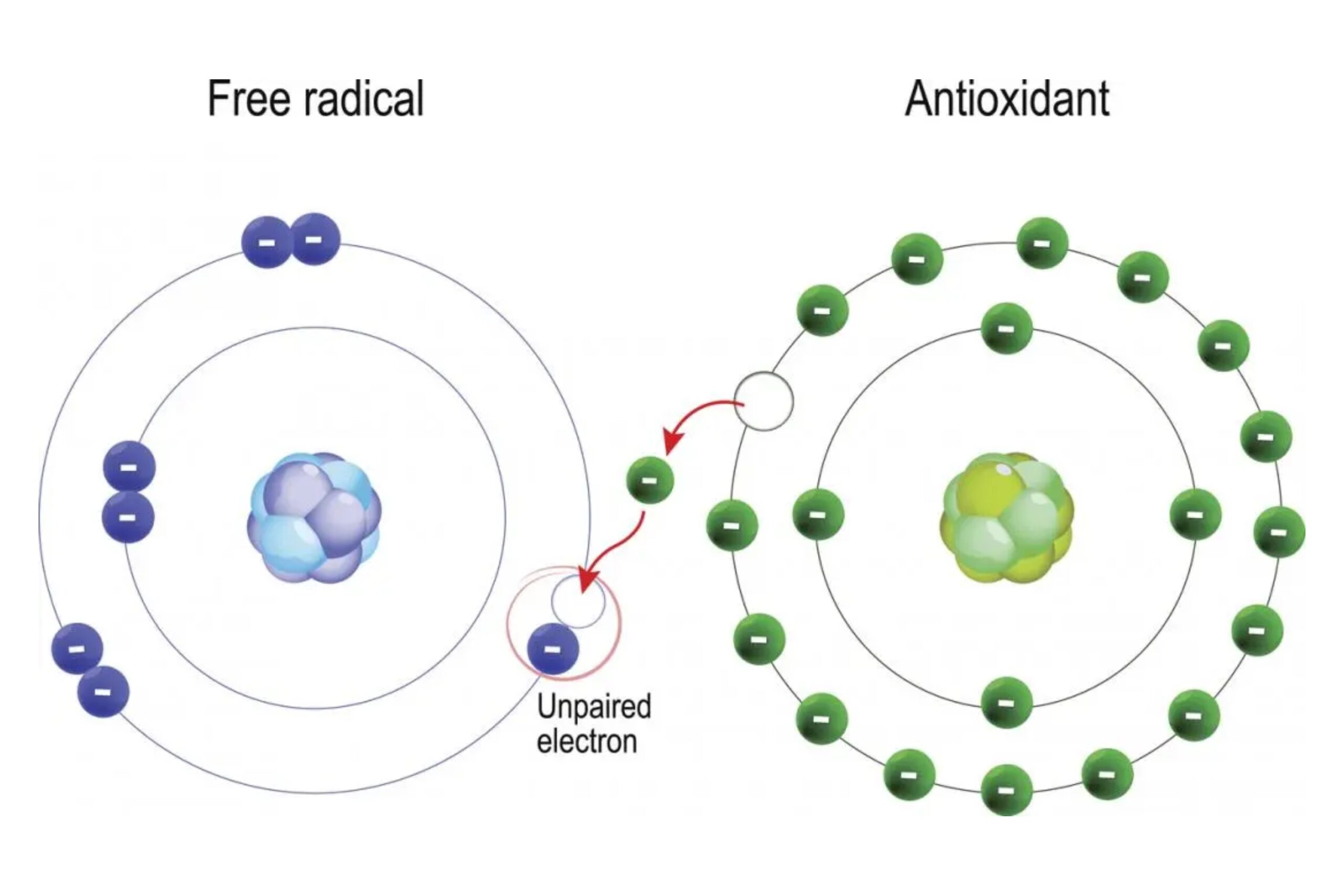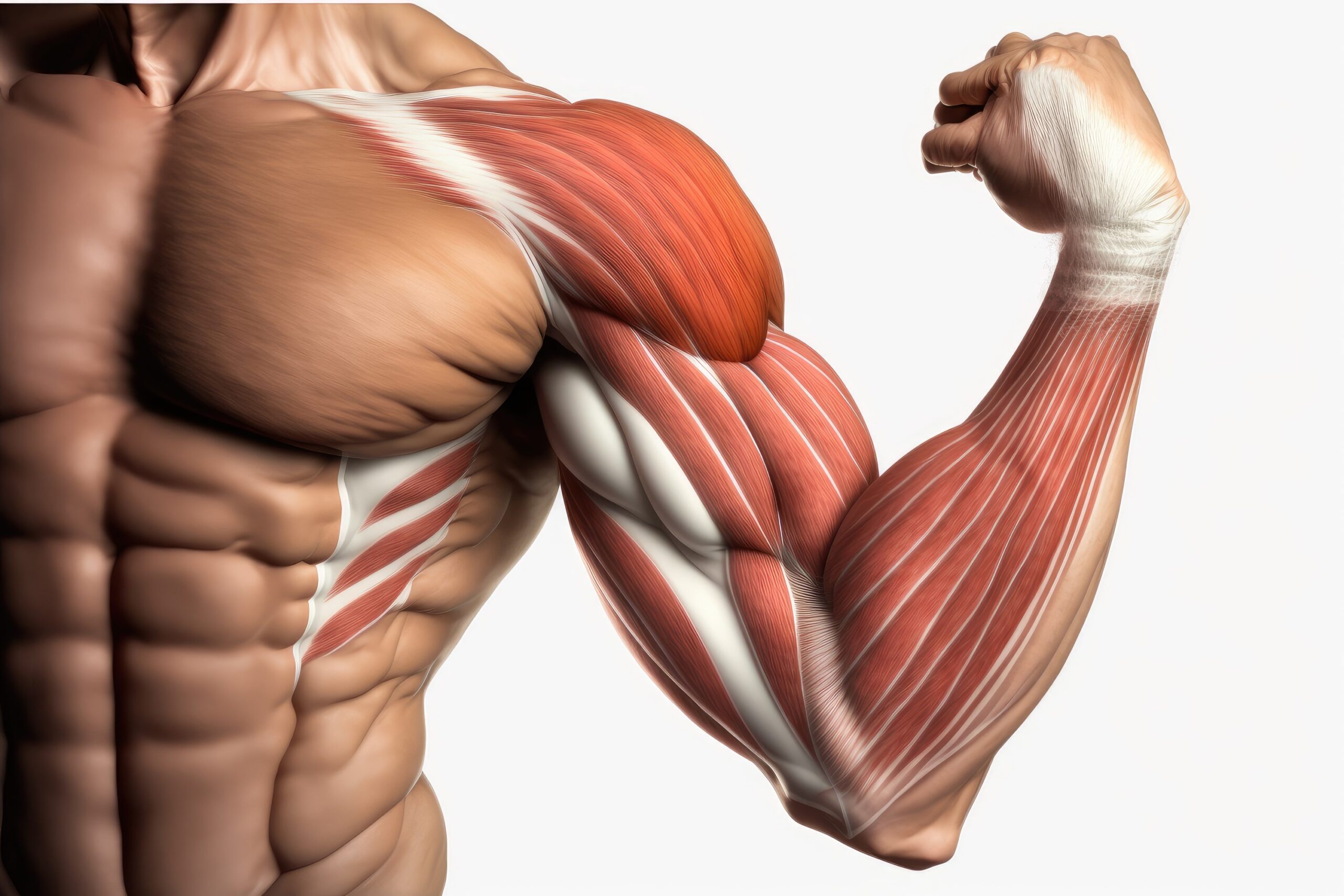
BACKGROUND
What is CoQ10?
Coenzyme Q10 (CoQ10) is a naturally occurring compound found in the cells of the body. It is an essential component of the electron transport chain, which is involved in cellular energy production. CoQ10 also acts as an antioxidant, protecting cells from damage caused by free radicals.
At the molecular level, CoQ10 is a fat-soluble substance with a structure similar to that of vitamin K. It is found in almost every cell of the body, but higher concentrations are present in organs with high energy requirements such as the heart, liver, and kidneys. CoQ10 exists in two forms: ubiquinone, the oxidized form, and ubiquinol, the reduced form. The body can convert between these two forms as needed.
One of the primary functions of CoQ10 is its involvement in cellular energy production. It participates in the electron transport chain, which takes place in the mitochondria, often referred to as the powerhouses of the cells. During this process, CoQ10 accepts and donates electrons, facilitating the generation of adenosine triphosphate (ATP), the primary energy molecule in cells. This energy is crucial for various cellular processes, including muscle contraction, nerve signalling, and maintaining overall cellular function.
In addition to its role in energy production, CoQ10 also acts as an antioxidant. Antioxidants are substances that neutralize free radicals, highly reactive molecules that can damage cells and DNA. By donating electrons, CoQ10 helps stabilize free radicals and prevent them from causing harm. This antioxidant activity is particularly important in organs like the heart, which are susceptible to oxidative stress due to their high energy demands.
CoQ10 is obtained through two main sources: endogenous production within the body and dietary intake. The body can synthesize CoQ10, but this process requires various enzymes and nutrients. Additionally, certain factors, such as aging, genetic factors, and some medications, can reduce the body’s ability to produce an adequate amount of CoQ10. Consequently, dietary intake becomes crucial for maintaining sufficient CoQ10 levels.
Foods rich in CoQ10 include organ meats (such as heart, liver, and kidney), fatty fish (such as salmon and sardines), and whole grains. However, the amounts of CoQ10 obtained through diet alone are relatively small. Therefore, individuals who require higher levels of CoQ10 or have difficulty synthesizing it may benefit from supplementation.
CoQ10 supplements are available in various forms, including capsules, tablets, and softgels. When considering supplementation, it is important to consult with a healthcare professional, as they can provide personalized advice based on individual health needs and potential interactions with medications. They can also recommend appropriate dosages, as the optimal intake of CoQ10 varies depending on factors such as age, health condition, and the reason for supplementation.
Several health benefits have been attributed to CoQ10, although further research is needed to establish conclusive evidence. One area of interest is cardiovascular health. The heart has high energy demands, and adequate CoQ10 levels are essential for its proper functioning. Studies have suggested that CoQ10 supplementation may help improve heart health, reduce the risk of heart disease, and support the management of conditions such as heart failure and high blood pressure. However, more research is needed to determine the optimal dosage and potential benefits in different populations.
CoQ10 has also been investigated for its potential role in other conditions. For example, studies have explored its use as a complementary treatment for migraines, as CoQ10’s antioxidant properties may help reduce oxidative stress associated with migraines. Additionally, some research has investigated the use of CoQ10 in supporting neurological health, particularly in conditions like Parkinson’s disease, where mitochondrial dysfunction and oxidative stress play a role.
Absorption and Bioavailability Issues with CoQ10 supplements
CoQ10 is a fat-soluble compound, which means it is best absorbed when taken with a meal containing fat or in the form of an oil-based supplement. However, the absorption of CoQ10 from supplements can vary among individuals. Some studies suggest that the bioavailability of CoQ10 supplements is relatively low, meaning that the body may not efficiently absorb and utilize the ingested CoQ10. To enhance absorption, some manufacturers offer CoQ10 supplements in different formulations or combined with other ingredients that may improve bioavailability.
What is HydroQsorb?
HydroQsorb is a form of Coenzyme Q10 (CoQ10) that is complexed with γ-cyclodextrin, which enhances its water solubility. This improved solubility leads to increased bioavailability and absorption in the body. The complexation with γ-cyclodextrin helps to protect CoQ10 during digestion and facilitates its transportation through the intestinal membrane, resulting in enhanced uptake and utilization by the cells.
By forming a complex with γ-cyclodextrin, HydroQsorb overcomes the limited water solubility of CoQ10, which is a challenge in traditional formulations. This complexation technique allows for better dispersibility of CoQ10 in aqueous systems, making it suitable for various delivery formats, including water-based products like beverages and drink mixes.
The complexation of CoQ10 with γ-cyclodextrin in HydroQsorb provides several benefits. It increases the stability of CoQ10, protects it from degradation, and improves its absorption, making it more bioavailable for the body to utilize. This means that a lower dose of HydroQsorb can provide similar or even superior results compared to standard CoQ10 formulations.
HydroQsorb is a highly bioavailable form of Coenzyme Q10 that offers several advantages over traditional Coenzyme Q10 products. It has been found to be over 18 times more bioavailable, meaning that it is absorbed more efficiently by the body. This increased absorption allows for the use of lower quantities of the product while still achieving the desired effects.
The ability to use lesser quantities of HydroQsorb makes it easier to ingest and opens up a wide range of delivery formats. It is available as a water-miscible powder, which makes it ideal for use in tablets, capsules, soft gels, drink mixes, nutrition bars, and beverages. This versatility provides manufacturers with options to incorporate HydroQsorb into various product formulations.
The applications of HydroQsorb are diverse. It can be used in energy products to promote alertness, mental acuity, and endurance. Additionally, it can be incorporated into dental health products to help improve conditions such as bleeding gums. Furthermore, HydroQsorb can be utilized in nutraceuticals to address various conditions such as infertility, nerve pain in diabetic neuropathy, migraine, muscle weakness, and muscle atrophy.
applications

Heart Health

Anti Aging

Energy Boost

Anti Oxidant Support

Cognitive support

muscle health

immune support



